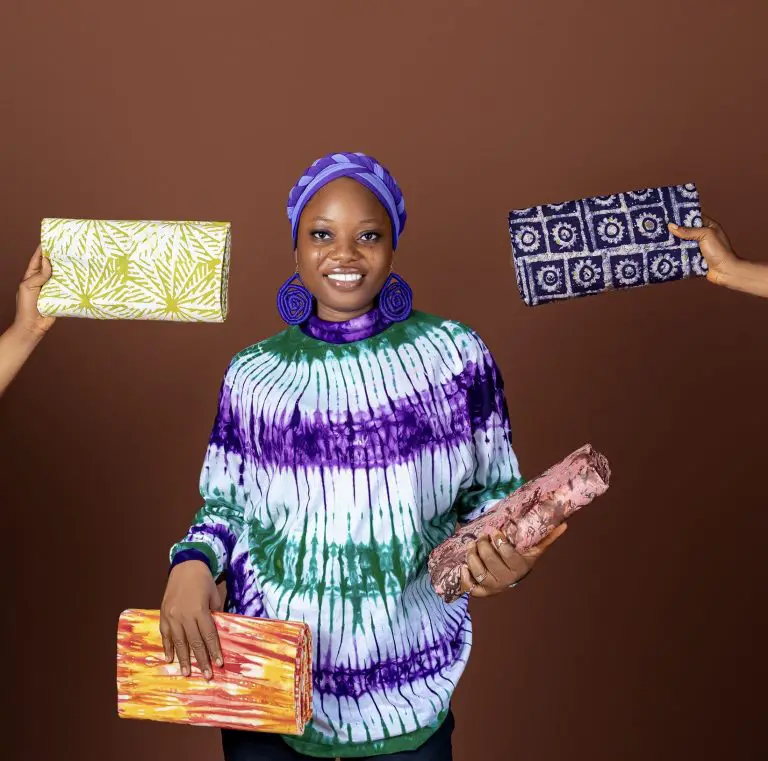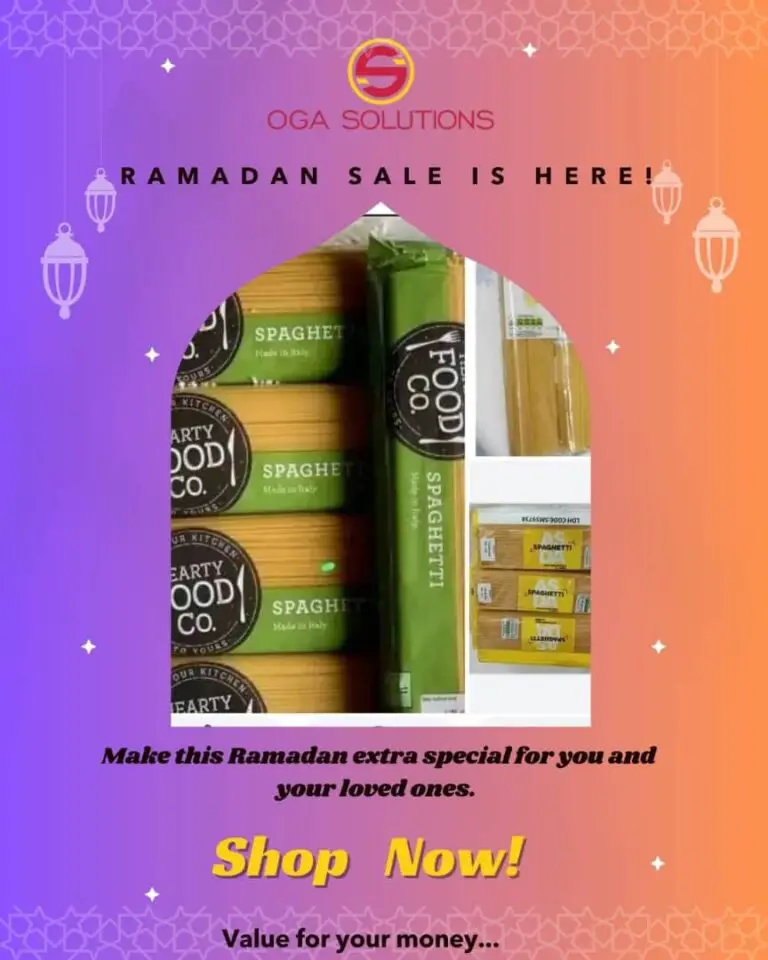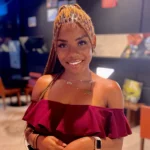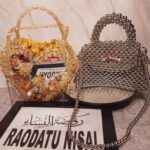DiscoverYoruba.com is your one-stop for embracing Yoruba culture, entertainment, and history unfolding.
Introduction
Culture is more than tradition—it’s identity, connection, and community. For Àbíkẹ́ Ṣówẹ̀mímọ́, a proud Nigerian-American and cultural educator, preserving and celebrating the Yorùbá language has become a deeply personal mission. Through creative tools like Yorùbá Flashcards and consistent community engagement, Àbíkẹ́ Ṣówẹ̀mímọ́ is proving that you don’t have to grow up fluent to be rooted—you just have to be intentional.
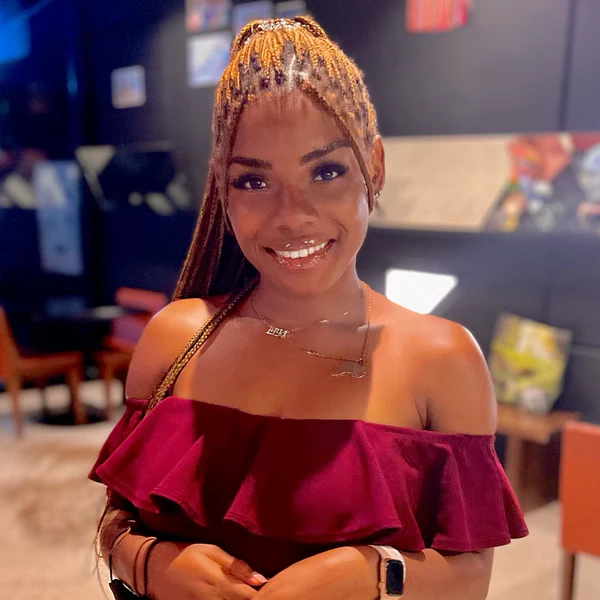
In this inspiring conversation, Abike shares how a family bond sparked her journey, the importance of language as identity, and why embracing your heritage can be one of the most powerful things you do.
A Journey Back to Her Roots
Can you tell us a bit about yourself and what led you to champion the preservation of the Yorùbá language and culture, especially in the diaspora?
My journey into Yorùbá culture really began with my cousin Tunde. We were close in age, but he was deeply rooted—fluent in the language, visiting Nigeria often, and living a lifestyle that felt foreign yet familiar. Seeing him so connected opened a door I didn’t even know was there.
In college, I met more Nigerians and everything shifted. I got curious, then passionate. When I came home and shared what I was learning, my dad was thrilled. He encouraged me, even admitted he wished he’d taught me sooner. That moment deepened our bond and affirmed that I was on the right path.
This passion comes from knowing that I am Yorùbá. I feel it. And I know there are others like me—Nigerian-Americans, people in the Yoruba diaspora—who feel that same pull. I want to be a living example of someone who doesn’t just talk about culture, but actively lives it—Miss Talk and Do.
The Birth of Yorùbá Flashcards
You’ve created Yorùbá flashcards that are now helping many families reconnect with the language. What inspired this project, and how has the response been so far?
I’m the co-creator of Yorùbá Flashcards, a project born from a collaboration with Francis & Ọ́lụ́chí Emelogu, the siblings behind Igbo Lingo. They wanted to preserve Igbo culture, and when they saw growing interest in Yorùbá, they reached out to me. Together, we created Yorùbá Flashcards to promote beginner-level learning.
Working with like-minded people who share the passion for cultural preservation has been inspiring. Now, they’ve expanded to Twi, and I truly believe we’re building something meaningful.
The response has been incredible! People have been so welcoming, even recognizing me in real life and mentioning the flashcards or my content. It’s a powerful reminder of how much our culture matters and how eager people are to connect with it.
Why Culture Matters—Especially for the Next Generation
Why do you believe it’s so important for younger generations, especially those raised outside Nigeria, to stay connected to their cultural roots?
Your language is your identity. Growing up outside Nigeria, it’s easy to feel disconnected. My dad once said, “America is great, but if you don’t protect your culture, it can vanish without you even noticing.” That stuck with me.
Staying connected to our roots gives us pride, belonging, and understanding of who we are. It shapes our confidence, values, and how we navigate the world. Knowing your name, language, and story is a power that no one can take away.
We are the bridge between our parents and future generations. If we don’t preserve our culture, it could be lost. But if we embrace it, we create a legacy that honors our past and carries it proudly into the future.
Language with Integrity
Yorùbá is a tonal language with unique spelling and grammar rules. How do you ensure accuracy and authenticity in the resources you create?
I take accuracy seriously because in Yorùbá, one small mark can change a word’s meaning. I’m always learning, so I make sure to cross-check with native speakers, language experts, and reliable resources before sharing anything.
For the flashcards, we worked with consultants to ensure the spelling and tone marks were accurate. I also value community feedback—if something’s pointed out, I research and adjust as needed.
This is about cultural integrity, not just me. It’s not about perfection, but intention. I want learners to trust that they’re getting resources that honor the true beauty of Yorùbá.
Changing the Narrative
What do you think are the biggest challenges facing the Yorùbá language and culture today—and how can we begin to overcome them?
One of the biggest challenges is the belief that Yorùbá is only valuable in Nigeria, or worse, that it’s outdated. This mindset, especially in Nigeria, links intelligence to speaking English, creating shame around our language and culture.
Over time, people feel that assimilation is the only way to succeed. Another challenge is the lack of accessible, quality resources, particularly for the diaspora. Many want to learn but don’t know where to start or how to stay consistent.
We need to change the narrative by showing that Yorùbá is beautiful, modern, and relevant. It starts with visibility—representation in media, fashion, music, and learning tools. I see this shift with projects like the YouTube show Másọ̀yìnbó, where contestants lose money for speaking anything other than Yorùbá—fun, engaging, and promoting the language in a smart way.
Ultimately, we need to instill pride in our culture. Once people realize that speaking Yorùbá gives them more—identity, connection, depth—they’ll be more likely to embrace it.
A Foot in Two Worlds
As someone living between cultures, how has your Nigerian-American background shaped the way you teach and talk about Yorùbá identity?
Living between cultures has given me a unique lens. I understand what it feels like to grow up in America with a Nigerian name you couldn’t pronounce properly. I know what it’s like to crave connection to your culture but not know where to begin.
That’s why I approach Yorùbá identity with empathy and relatability—I’ve been there. Because I wasn’t raised fluent, I’m not teaching from a pedestal—I’m walking this journey with others. I get to bridge the gap between where many of us are and where we want to be.
I don’t believe we have to choose between worlds. We can honor our heritage and thrive in the spaces we live in now. I want people to feel proud of every part of who they are—and for Yorùbá to be something they carry boldly, not quietly.
Real-Life Impact
Can you share a moment when you saw the real impact of your work?
Yes! It happens more often than I ever imagined. People recognize me not just because of the flashcards, but because of the message I share. Many are Nigerian-Americans like me who say things like, “You’re a reminder to take the culture more seriously,” or “Thank you—this is exactly what I needed.”
I’ve also heard from Americans in relationships with Yorùbá partners or those who’ve discovered Yorùbá roots through ancestry. They say my content helps them connect more deeply with the culture, and that means so much to me.
It’s those real, everyday moments, heartfelt thank-yous and “me too” stories that remind me this work matters! I’m not alone in wanting to preserve and celebrate Yorùbá identity.
More Than Words: Yorùbá Culture Beyond Language
Beyond language, what are some aspects of Yorùbá culture—values, practices, traditions—that you feel deserve more global attention?
There’s so much richness in Yorùbá culture beyond just the language.
One thing that stands out to me is the depth of respect embedded in how we speak and relate to one another. The way we greet elders, the proverbs we use, the posture of humility—it’s all rooted in a deep value for community and hierarchy. That kind of intentionality is powerful and deserves to be celebrated.
Our names also carry deep meaning—each one is a story, a prayer, a declaration. I wish more people realized how sacred Yorùbá names are. They aren’t random; they’re tied to destiny, family, and purpose.
Afrobeats was birthed by a Yorùbá man, Fela Kuti, and today it’s a global sound. Many modern songs include Yorùbá lyrics and sayings, and that’s no coincidence. And don’t get me started on food and fashion—there’s nothing like aṣọ òkè or a bowl of Àbùlà. In fact, my nickname is Àmàlà because of how much I love it!
Àbíkẹ́ Ṣówẹ̀mímọ́’s Recommendations for Reconnecting with Your Heritage
If someone wanted to start reconnecting with their Yorùbá heritage today, what simple steps would you suggest they take?
- Learn your Yorùbá name – Visit Yorubanames.com and ask your family about the story behind your name.
- Try a “word of the day” challenge – Learn one Yorùbá word daily using flashcards.
- Practice greetings – Start with simple greetings like Ẹ káàárọ̀ (Good morning) and use them daily.
- Watch Yorùbá content – Try a movie like Jagunjagun on Netflix with English subtitles.
- Cook Yorùbá meals – Start with dishes like àsàrò or ẹ̀fọ́ rírọ̀.
- Follow Yorùbá creators online – Engage with content and join communities.
- Be consistent – Even 5 minutes a day adds up. Make it part of your routine.
A Vision for the Future
Looking ahead, what’s your vision for the Yorùbá community in the diaspora—and how do you hope your work will contribute to that future?
My vision is for the Yorùbá community in the diaspora to be deeply rooted, proudly vocal, and culturally fluent. I want us to stop treating Yorùbá as something that belongs only to our parents or grandparents—and instead, fully embrace it as part of who we are today.
I want Yorùbá to be heard in classrooms, boardrooms, media, and global stages. Through my work—whether it’s content creation, flashcards, or storytelling—I hope to be a soft but steady push in that direction.
I may not be fluent (yet), but I’m committed. And I hope that commitment sparks something in others. The more we show up for our culture, the more powerful it becomes.
Final Thoughts
Àbíkẹ́ Ṣówẹ̀mímọ́ isn’t just teaching a language—she’s nurturing a legacy. Her work reminds us that it’s never too late to reconnect, and that culture is something we can all carry proudly, loudly, and with deep love.
Follow Abike’s journey and explore Yorùbá language tools at https://igbolingo.com/products/yoruba-flashcards-digital-companion

